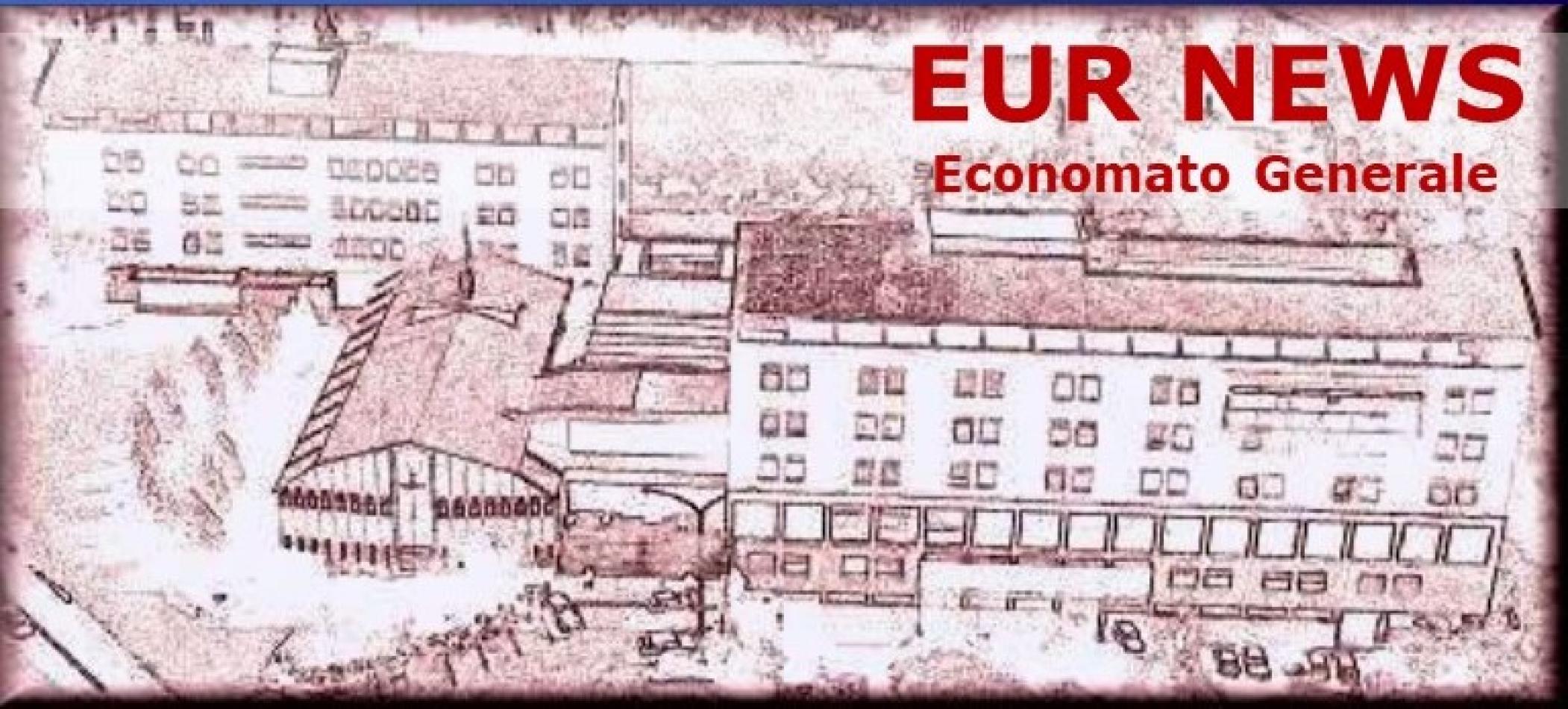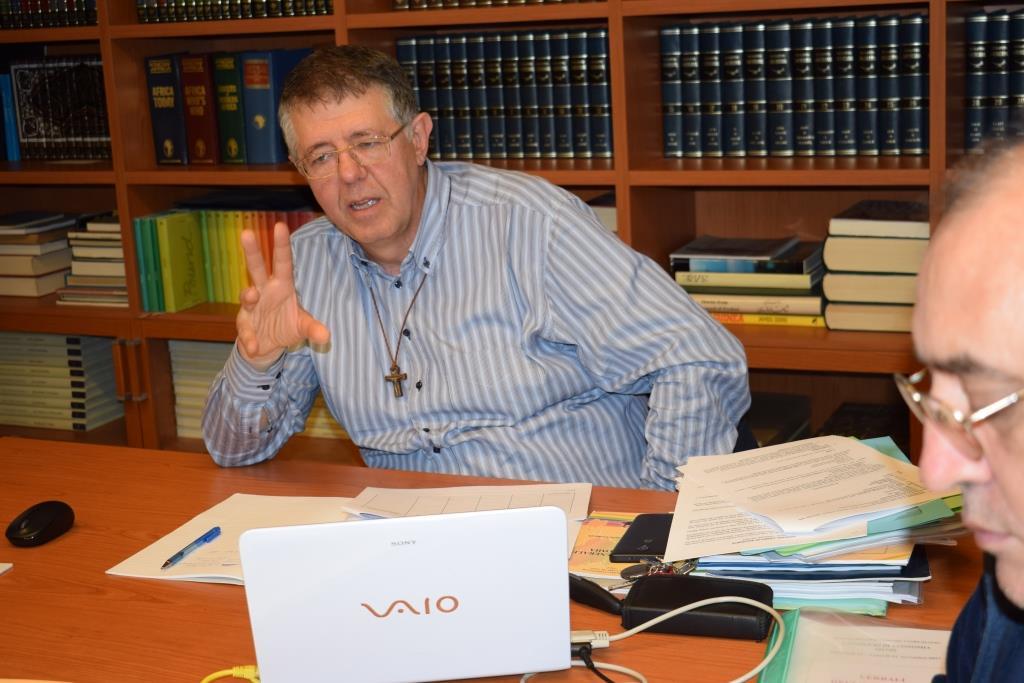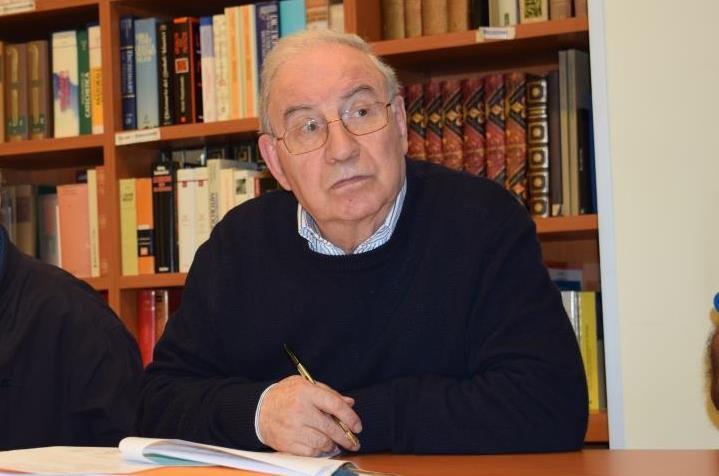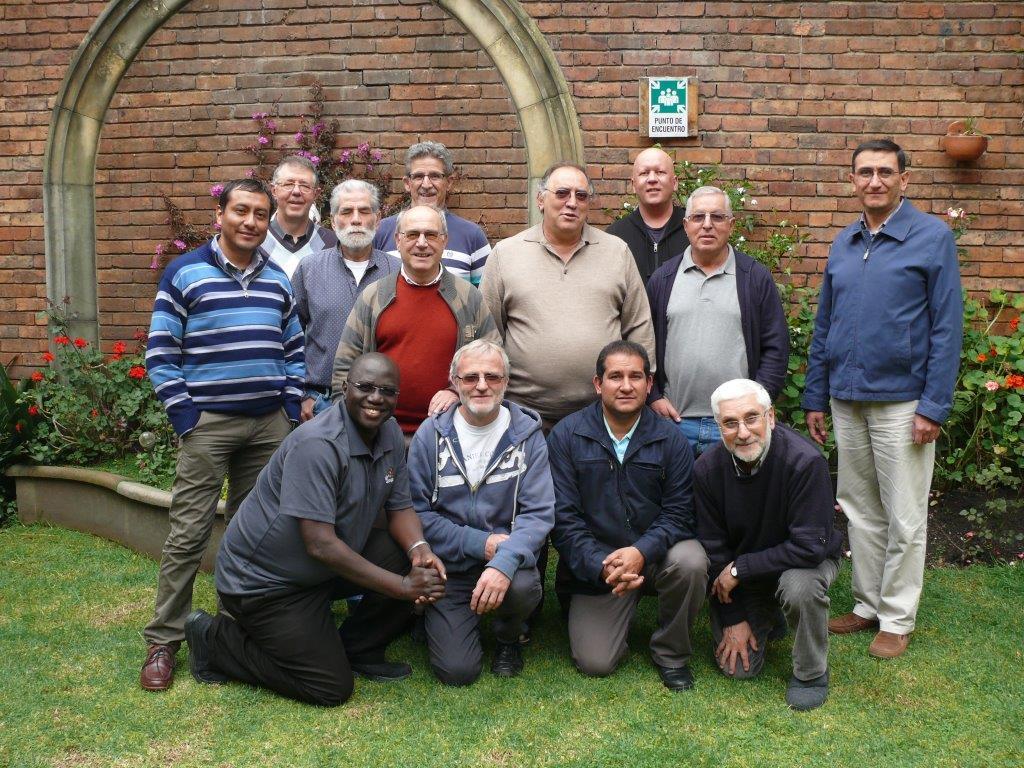Daniel Comboni
Comboni Missionaries
Institutional area
Other links
Newsletter
Newsletter from the General Treasury Office
The Chapter Acts 2003, in nos. 101-104, clearly challenge us to place ourselves at the service of the mission. Transparency, sharing, self limitation and personnel preparation are the guiding directives of the Chapter. How to apply them in the concrete situations? How to make us aware that their im-plementation guarantees the good running of our common mission? The Council for Finance has made some proposals, but these must be evaluated by all of us and completed through the contribu-tion of missionary experience.
The Stable Patrimony is the concept that has to be clarified, as far as finance is concerned, during this first three-year term. To do this, we have to rid ourselves of a few of our preconceived ideas and be willing to listen. What are the juridical implications and purpose mentioned in Canon Law? What are the history, the tradition and the spirit that have guided the Institute up to now? What are the reality, the situation and the challenges that the near future is showing us? Once we have under-stood the meaning and the purpose of the Stable Patrimony, it remains for us to define how this has to be for us, Comboni Missionaries, and to provide some concrete answers to questions such as: Which goods make up the Stable Patrimony? How do we go about to establish it? What will be the amount and the monetary value?
The second step will be, of course, to define how it has to be administered: The Institute entrusts these goods to us for the mission; we have to preserve them and transmit them to the confreres who will continue our work. It is the time to develop our administrative skills.
The best way to deepen and to clarify this point will be through the Continental Assemblies, when we shall have the opportunity to share our personal point of view.
The Continental Assemblies have been planned as follows: November 2004 for Europe; April 2005 for French-speaking Africa; August 2005 for America (North and South). For the English-speaking Africa no date has been finalised yet (it will be decided in 2005). The main points will be those mentioned above, but other points can be discussed according to the suggestions and the needs of each continent. It will also be an opportunity to face together the difficulties and the unclear points that we encounter in our daily experience. The treasurer general will be available for a technical session either before or after the Assembly, to give a formation course for those confreres who may feel the need of it.
As we organise these Assemblies, we are implementing the vision asked by the General Chapter concerning the decentralisation at the Curia level and the strengthening of the role played at conti-nental level. We read in the Chapter Acts: "The nominated provincial convokes the assemblies of the sector he is following, as programmed by the continental assembly of provincials, and collabo-rates with the respective general secretary and provincial secretaries in the programming and carry-ing out of that sector’s continental councils and assemblies". (n. 140.1)
As for the financial sector, the provincials responsible are Fr. Ezio Bettini (English-speaking Af-rica), Fr. Firmo Bernasconi (continental coordinator of French-speaking Africa), Fr. Enrico Cordioli (America) and Fr. Manuel Torres (Europe).
The new General Council for Finance has the followings members:
- Fr. Mario Locatelli, technical adviser
- Fr. Felipe Castrejana, technical adviser
- Fr. Robert Hicks, councillor for Europe
- Fr. Luigi Codianni, councillor for America
- Br. João Ferreira, councillor for French-speaking Africa
- Br. Joseph Redaelli, councillor for English-speaking Africa
- Br. Hernan Romero, assistant general responsible for finance
- Fr. A. Lwanga Guarda, treasurer general
- Fr. Elio Zanei, treasurer general’s assistant
- Fr. Antonio Valdameri, councillor
You will shortly receive the Financial Report of the general administration. Take a good look at it and possibly try to have an overall view of the financial situation of the Institute, which as a whole is not doing bad. Use the opportunity of a provincial assembly or meeting of the bursars, or other-wise, to inform and generate interest in the confreres also about the financial situation of the Insti-tute. At times there are strange ideas circulating, due to lack of knowledge (= ignorance) of the con-crete reality of the Institute.
I have already sent to each one of you my remarks about the financial provincial report you have sent me. If you do not understand my remarks, please do not hesitate to contact me.
I close this information newsletter with the wish that our next meeting will be profitable for our ser-vice and for the Institute, which is expecting a great deal from us (even though it does not normally speak about it!). Let us prepare ourselves in the best possible way for these continental assemblies: if we arrive with a problem of our own, our contribution will certainly be useful to all the others. “Economics is an important sector in human and missionary life” (AC. 2003 n. 101). Let us take it seriously!
Fraternally Yours,
Fr. A. Lwanga Guarda




